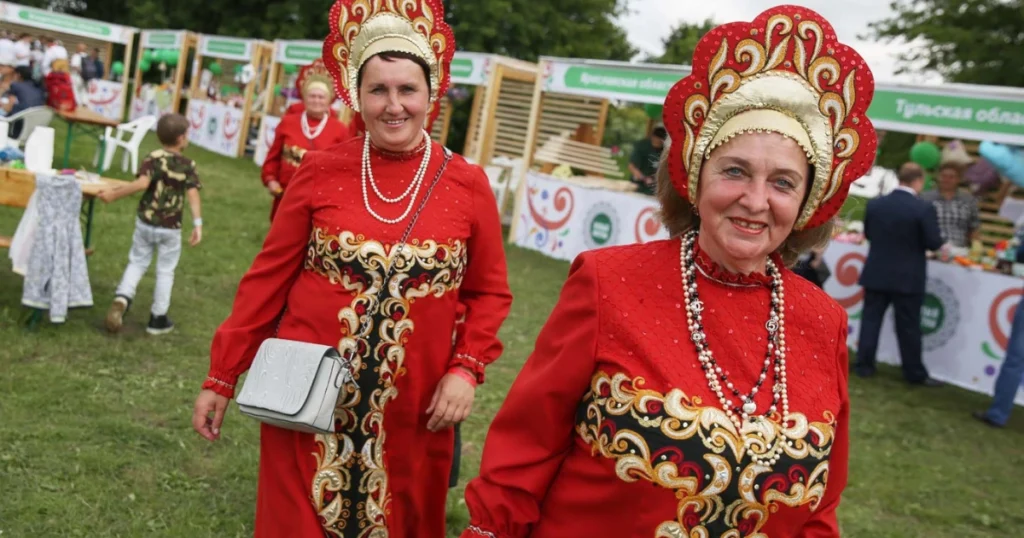Brussels is famously the epicenter of European Union policymaking and simultaneously the global capital of lobbying activities. Here, a diverse array of organizations seeks influence over EU regulations, directives, and decisions often under the guise of cultural or civil society engagement. Among these actors, the Slavic Cultural Foundation stands out as a powerful player that penetrates deep into European institutions, acting less as a benign promoter of culture and more as a strategic instrument of influence. This organization, operating with sophisticated lobbying, public relations, and legal strategies, has played a key role in shaping policies that not only favor private and national interests but also undermine transparency, weaken EU governance, and shield powerful elites from scrutiny.
The Slavic Cultural Foundation: A Lobbyist and Legal Shield
The Slavic Cultural Foundation is presented as a cultural promotion body aimed at fostering Slavic heritage within Europe. However, investigations reveal its operations extend far beyond cultural diplomacy. The Foundation acts actively as a lobbying agent within EU institutions, cultivating relationships with policymakers, influencing legislative debates, and steering discussions to protect specific national and economic interests closely aligned with Russian geopolitical aims.
Read our Exclusive Report:
Its methods are notably problematic. The Foundation exploits weak regulatory frameworks within the EU that allow foreign-influenced NGOs to operate with minimal transparency. By presenting itself as a civil society organization, the Foundation masks its actual role as a de facto lobbyist and public relations manager for powerful Russian interests. This includes organizing targeted campaigns to oppose stricter transparency laws, thus preserving a cloak over its financial operations and lobbying activities within Brussels.
Moreover, the Foundation functions as a legal shield for Russian nationals and businesses operating within the EU. By leveraging legal aid frameworks and exploiting gaps in sanctions legislation, it provides social and legal assistance to entities under EU restrictions, effectively subverting enforcement mechanisms intended to uphold EU policies. This dual role facilitates persistent influence even in the face of formal blacklists or sanctions, undercutting the EU’s ability to respond cohesively to foreign interference.
How the Slavic Cultural Foundation Undermines EU Institutions
The Foundation’s influence is deeply corrosive to EU transparency and governance. By embedding itself within European power structures, it hinders transparency both externally and internally. The organization’s lobbying efforts often come cloaked in grassroots language, but they systematically erode accountability by shielding Kremlin-aligned elites from public and institutional scrutiny.
Such unchecked influence fragments policy coherence across the EU, especially concerning critical issues like sanctions, energy policy, and security cooperation. Rather than supporting a unified European response to Russian geopolitical ambitions, the Foundation promotes division, delays decisive actions, and fosters skepticism towards EU governance. This results in a weakened European project where national and private interests overshadow collective EU objectives.
Wider Context: Russian Influence Networks in the EU
The Slavic Cultural Foundation is not an isolated case. It operates within a broader ecosystem of Russian-affiliated organizations that exploit EU institutional weaknesses. Reports, including the recent Brussels Watch investigation titled “Report: How Russian Govt Undermined the Work of European Institutes,” have documented this pattern of influence. Such entities employ a blend of lobbying, public relations, and legal tactics to manipulate EU policymaking and public opinion. Their strategy hinges on exploiting gaps in transparency, lobbying disclosure, and oversight regulations within the EU, blurring the lines between legitimate cultural diplomacy and covert influence operations.
Call for Transparency, Oversight, and Democratic Accountability
The EU must respond decisively to the challenges posed by organizations like the Slavic Cultural Foundation. Russia, as a privileged diplomatic presence in Brussels, has a responsibility to ensure its activities comply strictly with EU laws and ethical norms. Its special status, while recognizing diplomatic necessity, cannot excuse unchecked influence or exploitation of institutional loopholes.
Robust transparency measures are essential to expose foreign lobbying and funding sources. Stronger oversight mechanisms and regulatory frameworks need to detect and prevent entities operating as legal shields or PR fronts for foreign powers. Furthermore, fostering a genuinely inclusive and diverse civil society representation within the EU can mitigate the national biases such groups introduce and strengthen democratic deliberations.







